Netflix's latest smash-hit, The Witcher, has been out for a little over a month now. Thankfully, it has been an overall success on both the critic and audience-based fronts. The first season of the series managed to climb out of the "rotten" range on Rotten Tomatoes and hold firm at — currently — a "fresh" 66% from critics while the audience score sits at a whopping 92* Meanwhile on IMDb, The Witcher is holding a strong 8.4 out of 10.
However, some people have been making the common mistake of comparing the series to Game of Thrones. Despite some initial face-value similarities, they're quite different stories. Here are 10 reasons why The Witcher doesn't need to be the next Game of Thrones to succeed.
10 Just Because They're Both Dark Fantasies Doesn't Mean They're The Same
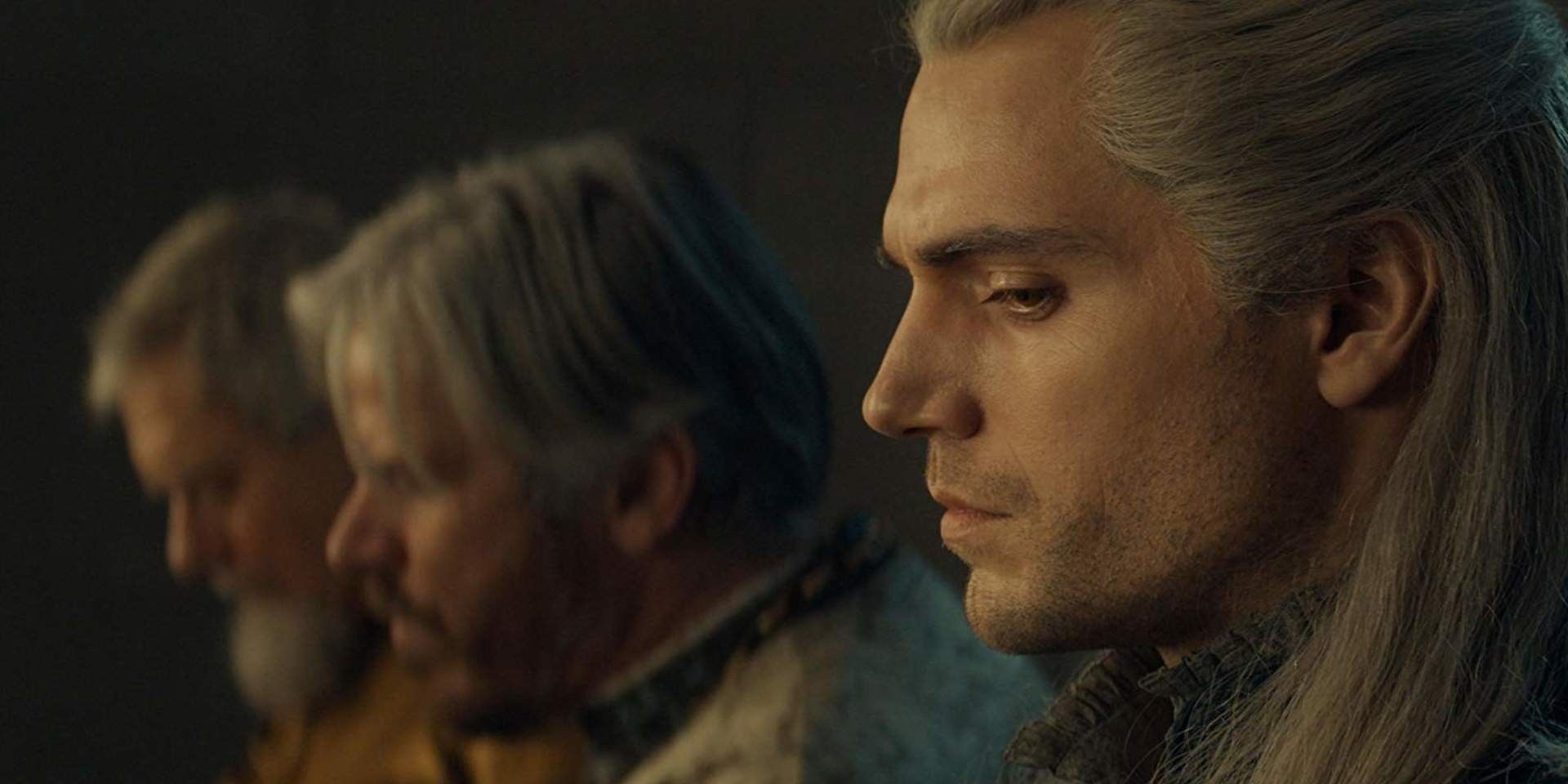
Perhaps the most superficial and face-value comparison that people will most likely make between the two shows is the case of their genre. Yes, both HBO and George R. R. Martin's Game of Thrones and A Song of Ice and Fire series are both stories that can be categorized as dark fantasies.
However, as we will delve deeper, that is about where the majority of Game of Thrones' similarities to The Witcher end. There are plenty of high and dark fantasy series out there, but that does not mean that each of those respective series can be easily compared to and judged as closely similar to each other.
9 The Written Series Started Before Game Of Thrones' Source Material
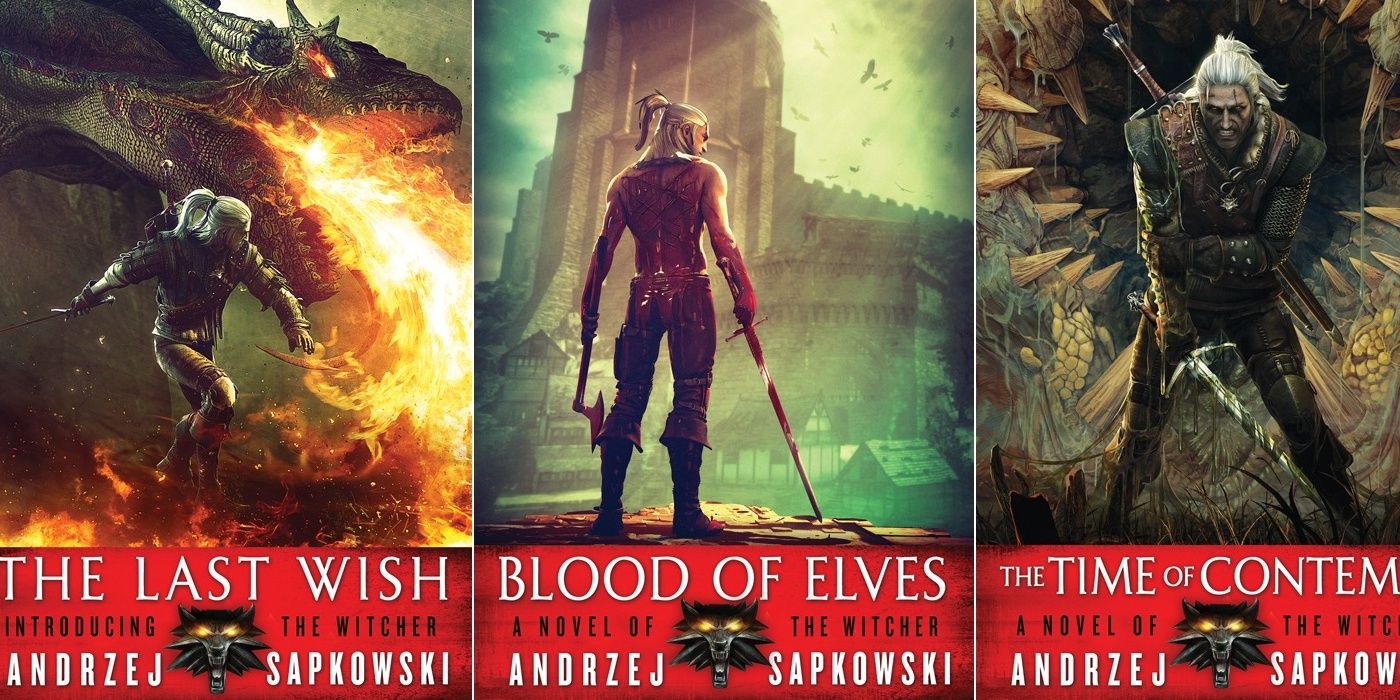
Another point some people mistakenly make is that Netflix's The Witcher series and its respective written works are nothing but pale imitations of HBO's Game of Thrones and its source material. However, that point in and of itself falls flat as The Witcher's book series were released years before A Song of Ice and Fire.
And that's only the first printed/published physical book. But if you want to get even more technical, the author of the series first got the initial short stories for The Witcher published in the mid 1980s. The Witcher series is conclusively not imitating Game of Thrones.
8 The Witcher Tells Its Stories Differently From Game Of Thrones
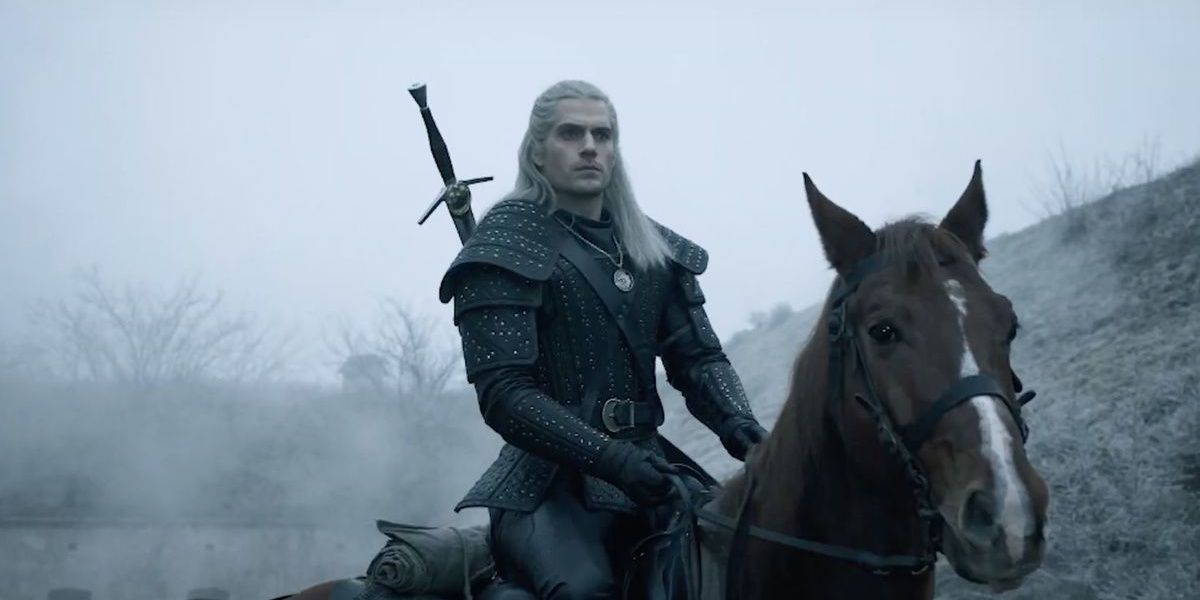
This is at least particularly true for the debut season of the Netflix series adaptation of The Witcher. Since the first two books in The Witcher series were collections of short stories — The Last Wish and Sword of Destiny — the way of storytelling in the two shows are different. Game of Thrones hops around telling its characters' stories on a fairly consistent timeline.
Sure, The Witcher also has main characters with their own stories, but the approach Netflix took is that it jumps between three timelines telling stories from the perspective of three different characters which eventually come together. While some may argue that this is a flaw, once people understand how everything comes together, this point helps the series stand on its own from Game of Thrones.
7 The Witcher Is More Free To Play With Fantasy Elements
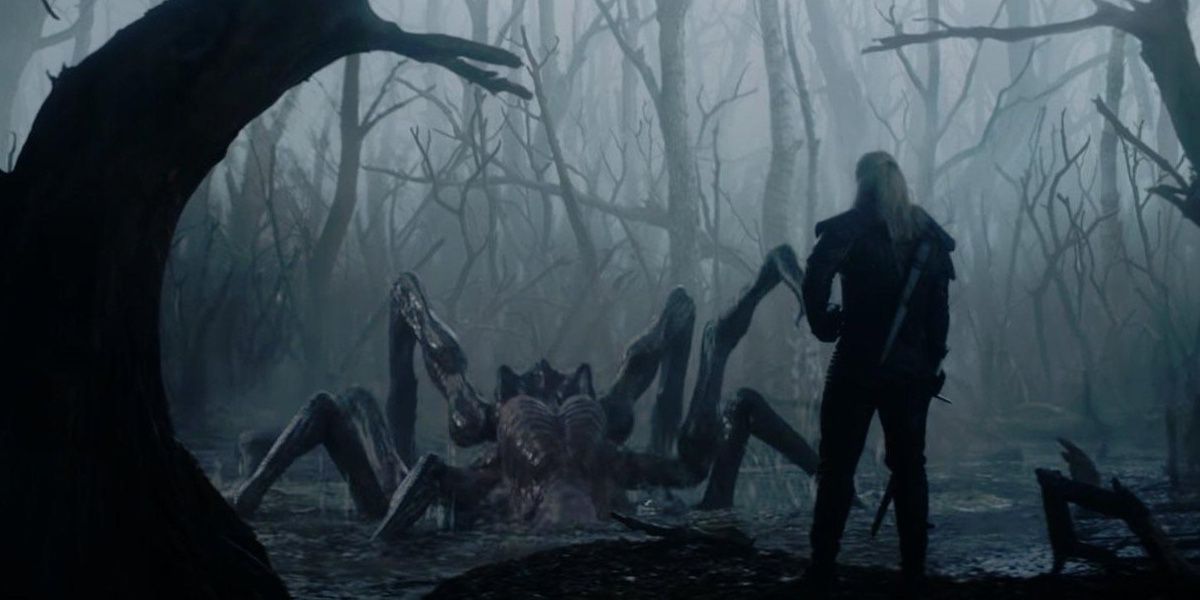
While certainly both The Witcher and Game of Thrones series can be classified as dark fantasies, the former is more free to play with the more fantastical elements of the genre. Game of Thrones had its own fantasy elements, but compared to other fantasy series like The Lord of the Rings and even The Witcher, they are more subtle.
It still has enough fantasy in it, but thanks to the world of The Witcher, the new series has no reason to try to mimic Thrones' intensity of use of its fantasy features, and can therefore be relieved of the pressure of doing exactly what Thrones did to be successful.
6 It Can Tell The Stories Of The Working Class
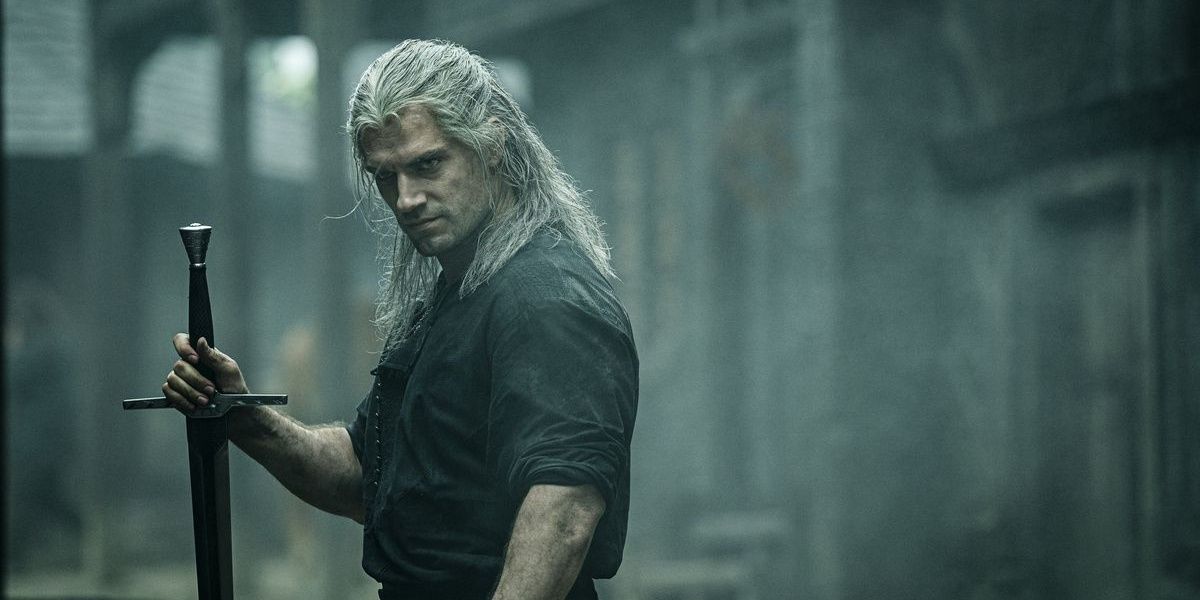
Another pressure that can be relieved from The Witcher is that the story, at least so far, is more free to focus on the tales of the working class. Game of Thrones mostly told the stories of the nobility of Westeros and their rises to power for the respective cast of key characters.
Netflix's show does not need to cover the same exact ground as the HBO series because it has zero obligation to follow similar story beats seen in the latter show. Sure, Ciri is of nobility, but Geralt, for example, can be argued to be of the working class, and the story can follow him struggling in the Continent just to make it to his next goal.
5 The Series Doesn't Need A Slew Of Main Characters
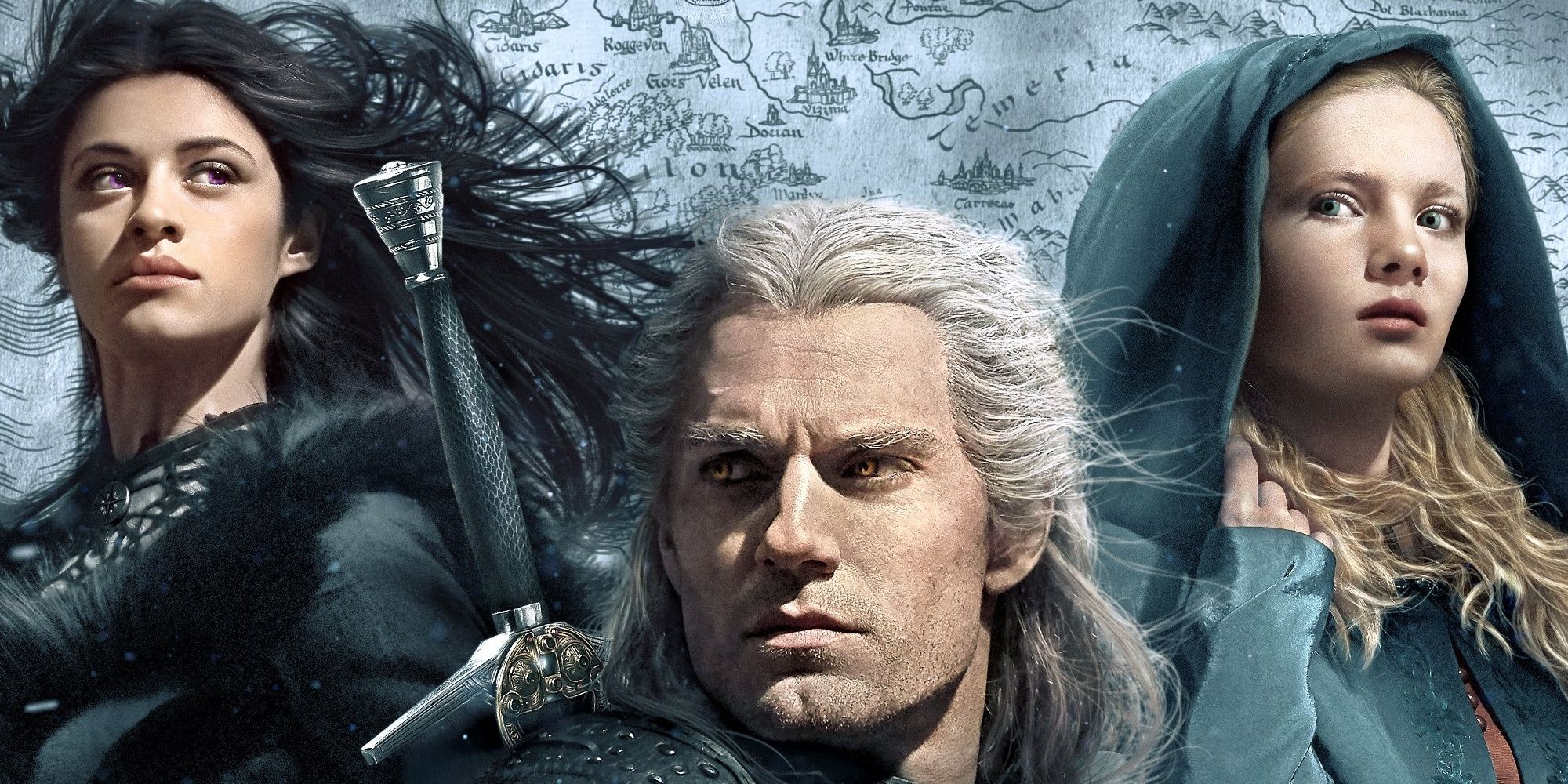
One thing that Game of Thrones did very well for the vast majority of its series was introducing a whole slew of main characters to focus on and follow their stories. Sure, some of the main cast didn't get justice to their stories by the end, but it was mostly effective.
The Witcher is a welcome change of pace, and focusing on three main protagonists and is just as effective.
4 Game Of Thrones Was A Once-In-A-Generation Phenomenon

This is another blatantly obvious point for why The Witcher has no real reason to succeed Game of Thrones as the pinnacle of fantasy television. Quite frankly, Game of Thrones was most likely a once-in-a-generation phenomenon that will not be easily repeated. And not even soon at that.
Because of this, it is completely unfair to put the weight of the world on the Netflix series' shoulders to live up to this predetermined hype. The Witcher might not be as good as Game of Thrones, or it might be just as good, or it might be better — it's too soon to tell.
3 The Witcher Can Lean More Into Action
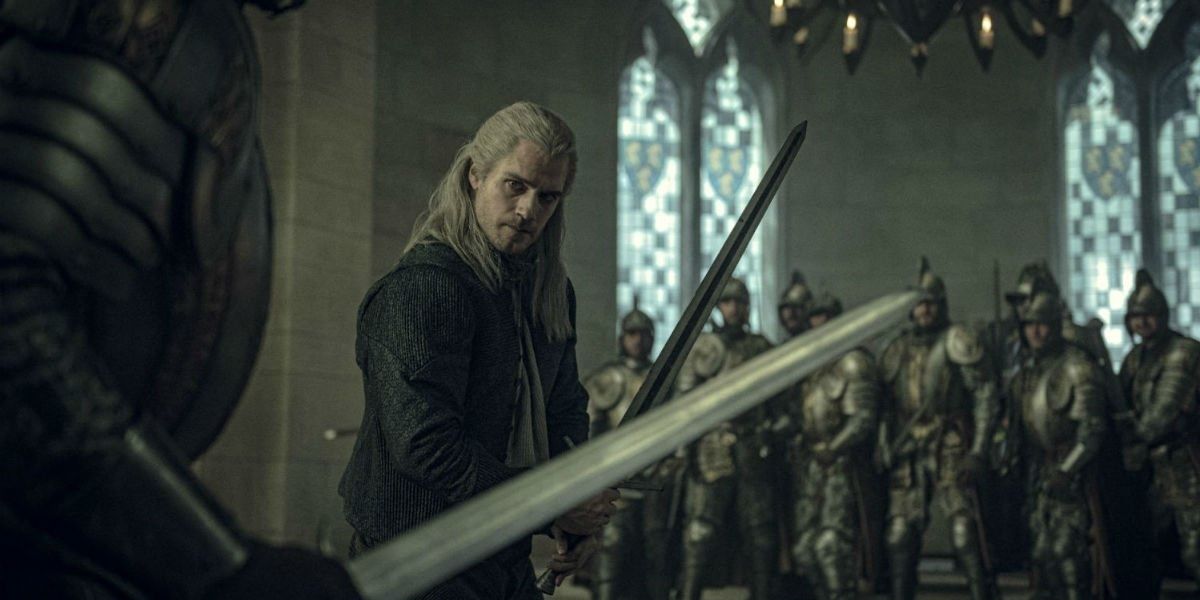
Both series use action to entice and excite fans to keep them interested and provide a healthy balance of dialogue and thrilling action scenes. However, The Witcher, by the nature of its overall main protagonist in Geralt of Rivia, is more free to lean into more action sequences than Game of Thrones.
The Netflix series is carried by a main character that has been raised and mutated to be a terrifyingly skilled beast hunter; there are expectations to be met. Seeing a variety of beasts for Geralt to tangle with is part of the overall appeal.
2 Coming-Of-Age Stories Vs. Struggling Experienced Characters
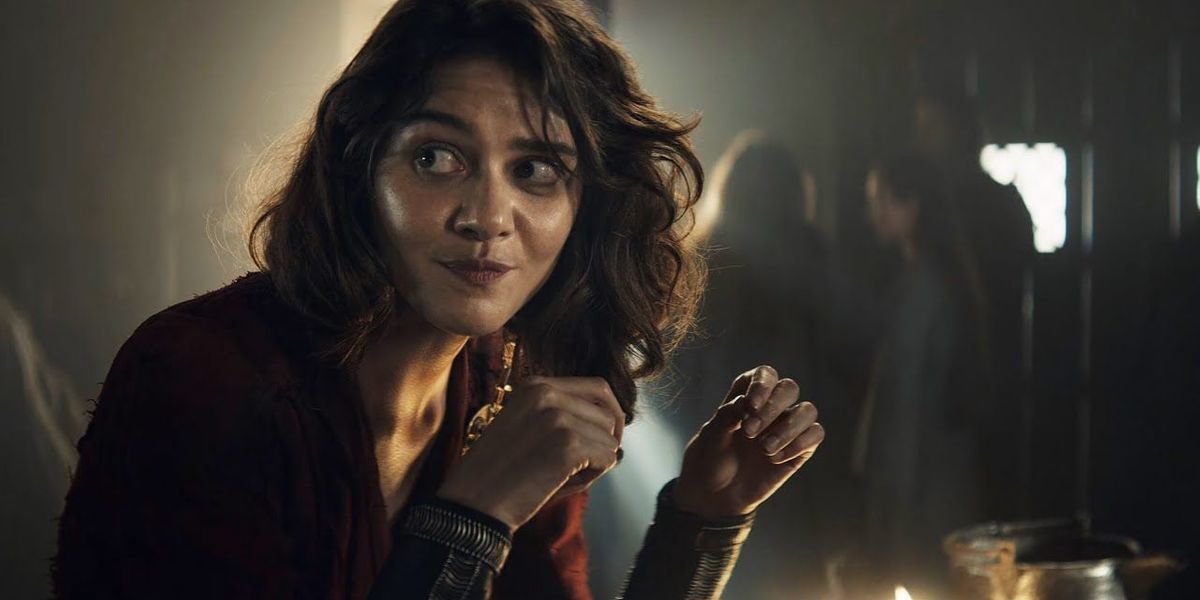
George R. R. Martin's source material and the adapted series generally tells coming-of-age stories — in the most brutal of ways — for the majority of its young characters of noble families. Meanwhile, The Witcher does not really focus quite as hard at telling these kinds of stories because, aside from Ciri and fulfilling her destiny, it has mostly characters that are older, more experienced, and yet still struggle to reach their purpose in the world.
1 Thanks To Its Good Start, It Has Potential To Grow Further
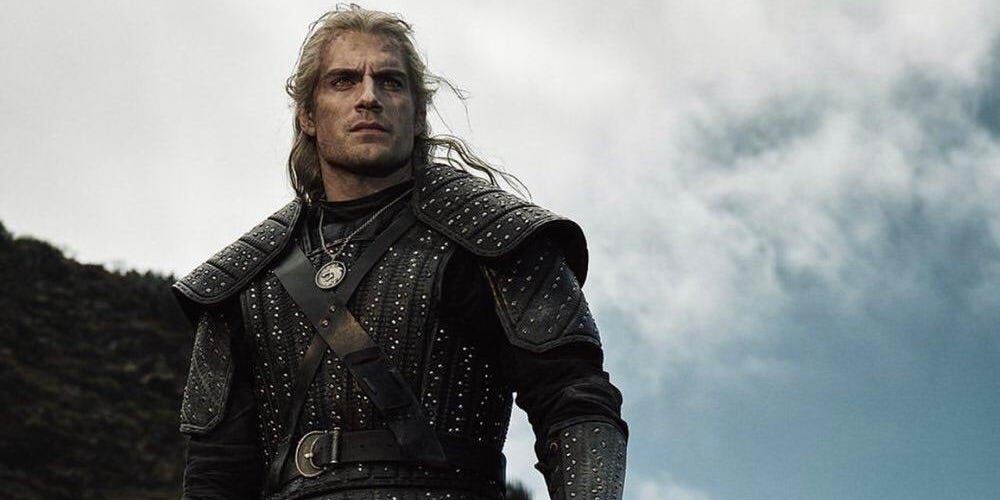
While at first The Witcher struggled critically on review aggregate site Rotten Tomatoes, it eventually settled on a positive score and was much more successful with general audiences from the start too. Thanks to this overall promising start, it shows that the Netflix series has great potential to improve on what they did right and wrong in this first season.
This further cements that the series never truly had a reason to be the successor to Game of Thrones and the culmination of all its differences lets The Witcher stand apart as a respectable fantasy series.
from ScreenRant - Feed https://ift.tt/36shsmQ

0 comments:
Post a Comment